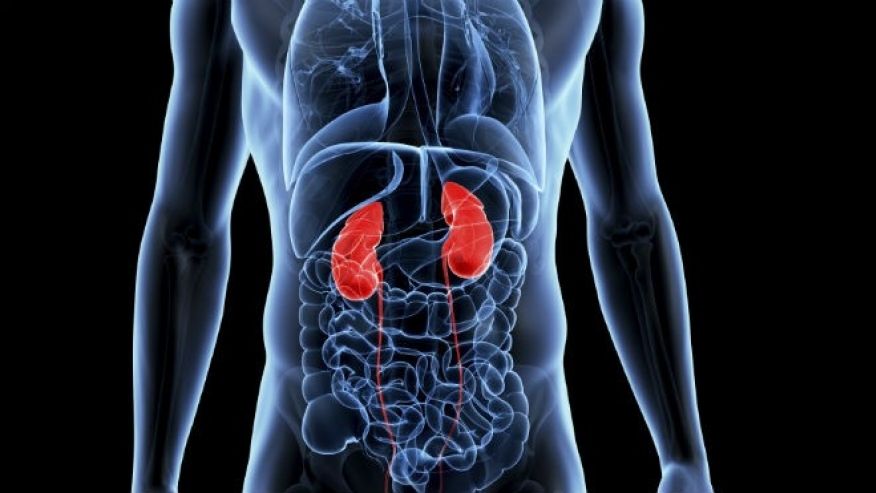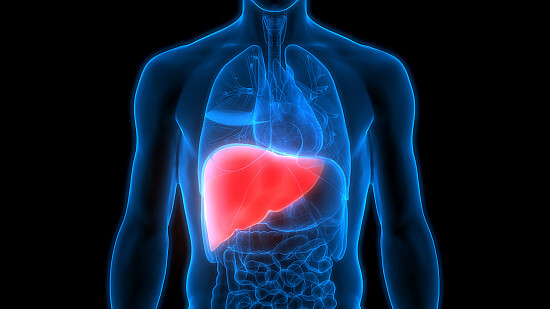Now, kidney transplants from any donor possible
Mon 21 Mar 2016, 13:36:52

In the new study, published in The New England Journal of Medicine, doctors successfully altered patients’ immune systems to allow them to accept kidneys from incompatible donors. Significantly, more of those patients were still alive after 8 years than patients who had remained on waiting lists or received a kidney transplanted from a deceased donor.
The method, known as desensitisation, “has the potential to save many lives,” said Dr Jeffery Berns, a kidney specialist at the University of Pennsylvania’s Perelman School of Medicine and the president of the National Kidney Foundation.
It could slash the wait times for thousands of people and for some, like Clint Smith, a 56-year-old lawyer in New Orleans, mean the difference between receiving a transplant and spending the rest of their lives on dialysis. The procedure, Smith said, “changed my life.”
Researchers estimate about half of the 100,000 people in the United States on waiting lists for a kidney transplant have antibodies that will attack a transplanted organ, and about 20% are so sensitive that finding a compatible organ is all but impossible.
In addition, said Dr Dorry Segev, the lead author of the study and a transplant surgeon at the Johns Hopkins University School of Medicine, an unknown number of people with kidney failure simply give up on the waiting lists after learning that their bodies would reject just about any organ. Instead, they resign themselves to dialysis, a difficult and draining procedure that can pretty much take over a person’s life.
Desensitisation involves first filtering the antibodies out of a patient’s blood. The patient is then given an infusion of other antibodies to provide some protection while the immune system regenerates its own antibodies.
For some reason — exactly why is not known — the person’s regenerated antibodies are less likely to attack the new organ, Segev said. But if the person’s regenerated natural antibodies are still a concern, the patient is treated with drugs that destroy any white blood cells that might make antibodies that would attack the new kidney.
The process is expensive, costing $30,000, and uses drugs not approved for this purpose. The transplant costs about $100,000. But kidney specialists argue that desensitisation is
cheaper in the long run than dialysis, which costs $70,000 a year for life.
cheaper in the long run than dialysis, which costs $70,000 a year for life.
Although, by far the biggest use of desensitisation would be for kidney transplants, the process might be suitable for living-donor transplants of livers and lungs, researchers said.
The liver is less sensitive to antibodies so there is less need for desensitisation, “but it’s certainly possible if there are known incompatibilities,” Segev said. With lungs, he said, desensitisation “is theoretically possible,” although he said he was not aware of anyone doing it yet.
In the new study, 1,025 patients at 22 medical centres who had an incompatible donor were compared to an equal number of patients who remained on waiting lists for an organ or who had an organ from a deceased but compatible donor.
After eight years, 76.5% of those who received an incompatible kidney were still alive, compared with 62.9% who remained on the waiting list or received a deceased-donor kidney and 43.9% who remained on the waiting list but never got a transplant.
The desensitisation procedure takes time — for some patients as long as two weeks — and is performed before the transplant operation, so patients must have a living donor. It is not known how many have someone willing to donate a kidney, but doctors say they often see situations in which a relative or even a friend is willing to donate but is incompatible.
“Often patients are told that their living donor is incompatible, so they are stuck on waiting lists” for a deceased donor, Segev said.
In recent years, an option called a kidney exchange has helped some in this situation. Patients who have incompatible living donors can swap donors with someone whose donor may be compatible with them. Often, there are chains of patient-donor pairs leading to a compatible organ swap.
That process can be successful, said Krista L Lentine, the medical director of the living donation programme at the St Louis Centre for Transplantation, but patients often still cannot find a compatible organ because they have antibodies that would reject almost every kidney. In those cases, “desensitisation may be the only realistic option for receiving a transplant,” said Lentine, who was not involved with the study.
No Comments For This Post, Be first to write a Comment.
Most viewed from Health
AIMIM News
Latest Urdu News
Most Viewed
May 26, 2020
Do you think Canada-India relations will improve under New PM Mark Carney?
Latest Videos View All
Like Us
Home
About Us
Advertise With Us
All Polls
Epaper Archives
Privacy Policy
Contact Us
Download Etemaad App
© 2025 Etemaad Daily News, All Rights Reserved.






























